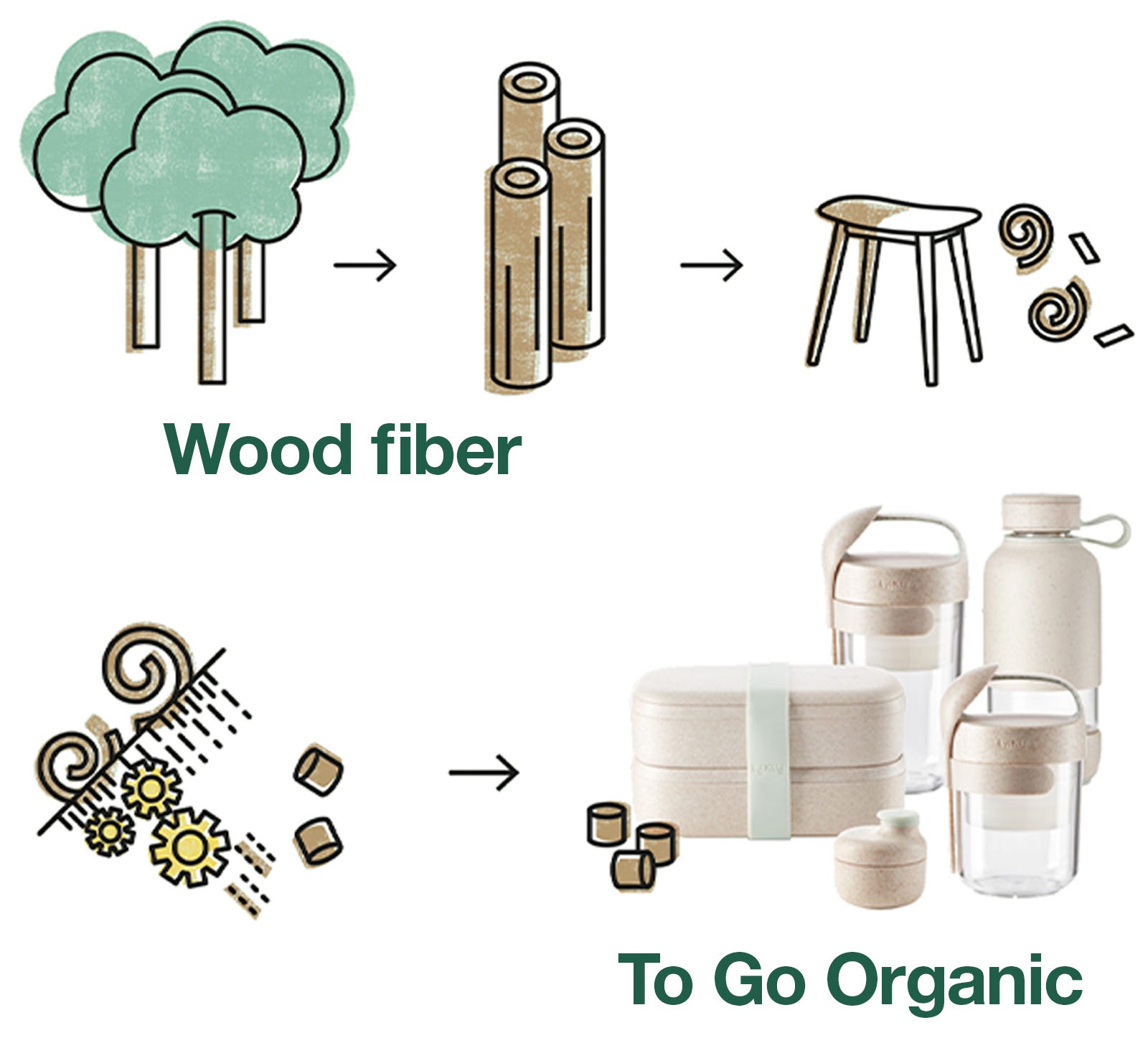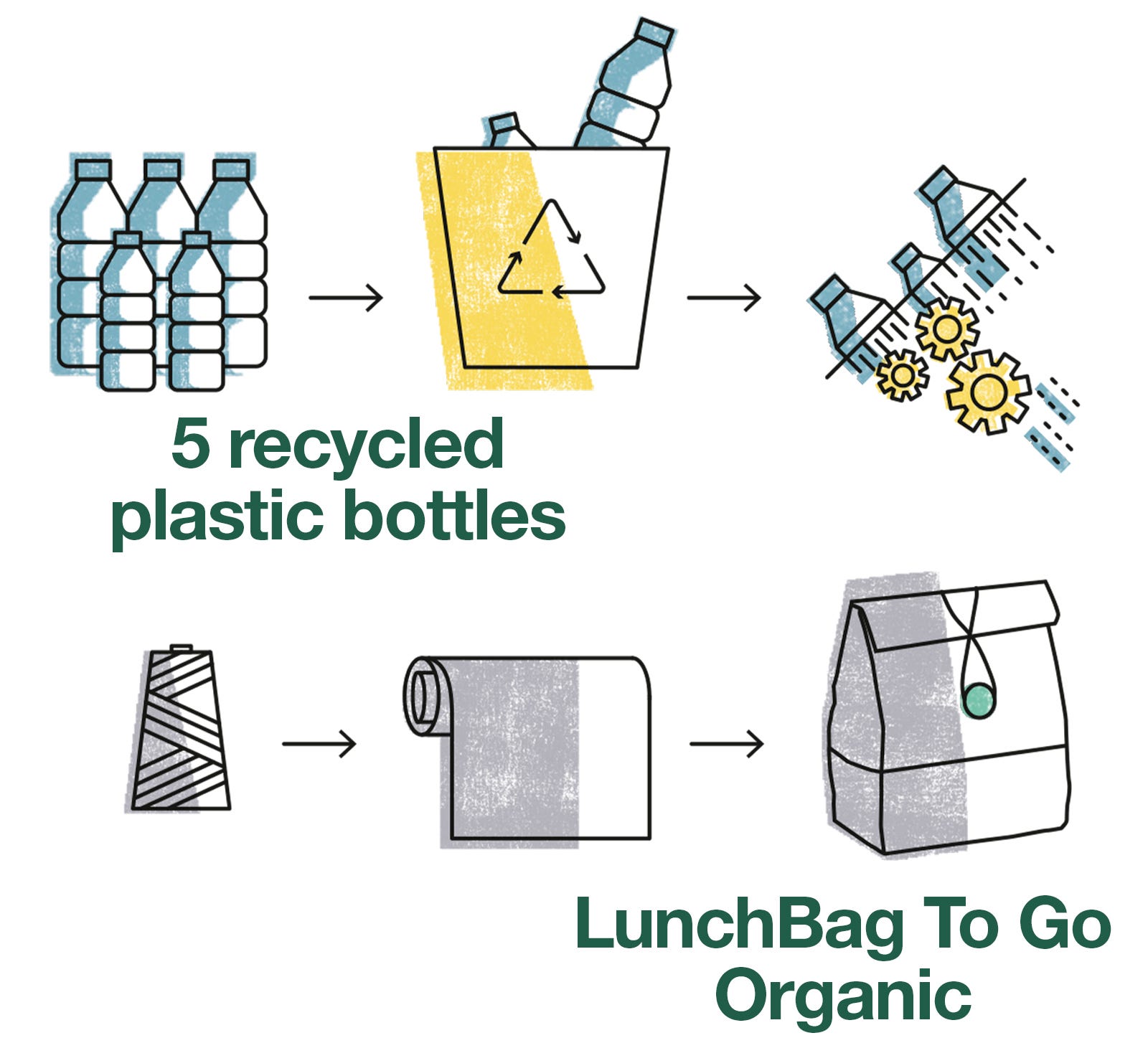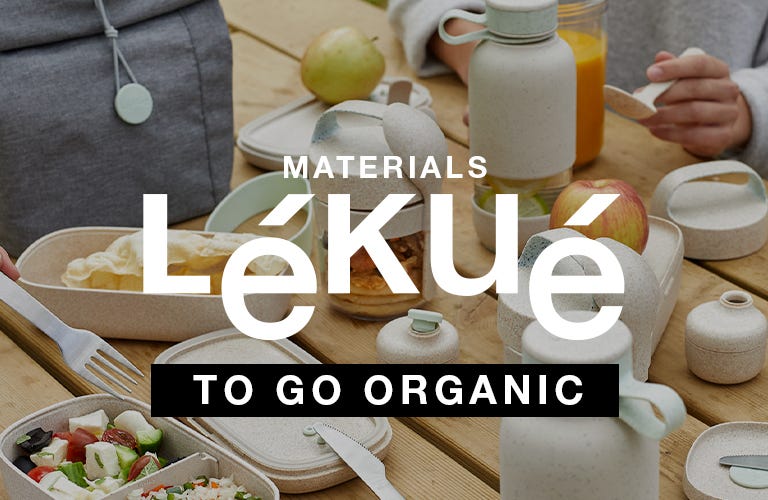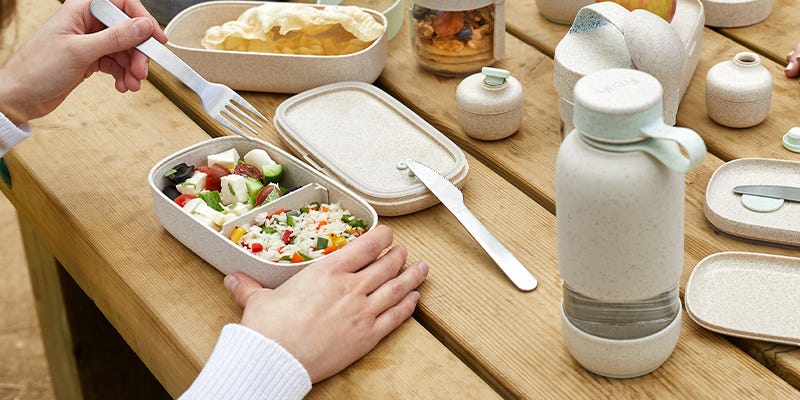LESS PLASTIC | MORE ORGANIC
Made with wood fiber reusing wood industry's waste.
FOOD SAFETY
At Lékué we follow rigorous manufacturing controls that ensure compliance with the strictest international regulations for products in direct contact with food, according to the EFSA: European Food Safety Authority, the FDA in the US, the LFGB (German food legislation), and Japanese regulations.
In addition, all Lékué products are periodically analyzed in independent laboratories to certify their food safety. They are also free of bisphenol-A, which guarantees that there is no risk to health.
REGULATIONS
According to Regulation (EC) No 1935/2004 of the European Parliament and of the Council of 27 October 2004 on materials and articles intended to come into contact with food. Wood fibre (Ref. 95920) can be used as a polymerization aid or additive, i.e. in the formation of the material together with polypropylene.
It also complies with the strictest regulations on food contact: Commission Regulation (EU) No. 10/2011, EC No. 1935/2004 and § 30 and 31 LFGB, EPCR (EC) No. 1907/2006. Ensuring a product is free of melamine, heavy metals, bisphenol A, formaldehyde and other harmful components.
SUSTAINABILITY
This collection was created as part of Lékué’s goal towards a more conscious and sustainable business model. The aim of this collection is to start producing new products with a lower percentage of plastic using organic or recycled materials from other industries’ waste, ensuring 100% recyclable products with a long shelf life.
MATERIALS
WOOD FIBER

RECYCLED PLASTIC

Enjoy your food on the go and protect the environment at the same time!
Less plastic, more organic.









